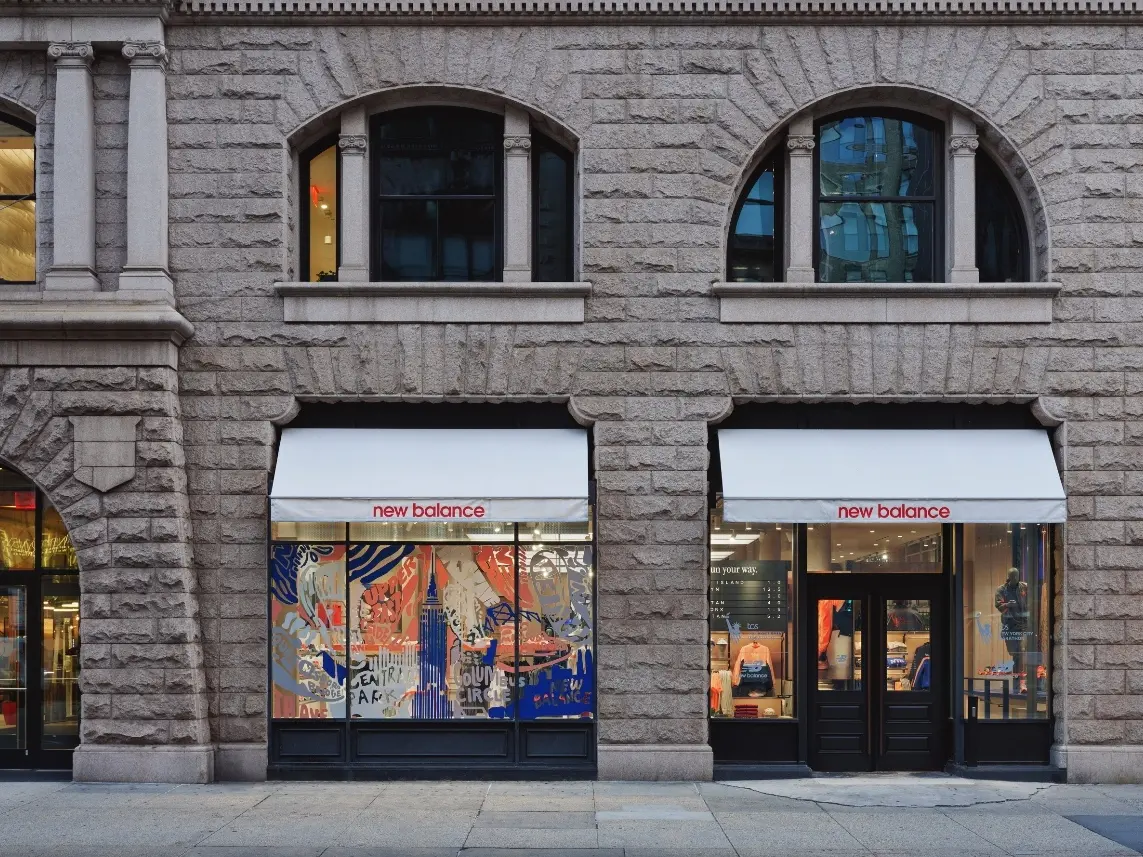
Leadership is not a straight line or a standard model; there are countless paths to the top. From Silicon Valley builders like Reed Hastings to steady hands like Warren Buffett, who had already led Berkshire Hathaway for decades before Netflix mailed its first DVD, the common thread is not a blueprint, but an ability to draw the best out of people.
With two decades in the C-suite, I’ve collected a handful of lessons that have shaped my leadership philosophy. I certainly don’t pretend to have all the answers, and ultimately leadership is a journey, not a destination. But these five observations have helped me along the way. They serve as a useful guide in navigating the unpredictable terrain of leadership, and in my view, often separate tone-deaf leaders from those who really connect.
1. World-class products come from world-class people
If there is one piece of wisdom I elevate above all else, it is that people matter most, every time. The flywheel of any successful company spins because of its people: Amazing people build innovative products and platforms; these drive healthy profits; healthy profits are reinvested in more amazing people.
Embracing humility over hubris is key. Acknowledge your blind spots and recognize your limitations in knowledge and skill. Doing so gives you a clearer lens to find the right people and build teams that fill those gaps.
Subscribe to the Daily newsletter.Fast Company’s trending stories delivered to you every day
Privacy Policy
|
Fast Company Newsletters
At Twilio, my leadership has focused on nurturing a culture where teams are empowered to innovate boldly and embrace risk, especially during uncertain times. This approach has deepened my commitment to building teams that complement and challenge one another.
2. Absorb fear, lead the charge
“Fake it till you make it” looks good on a bumper sticker, but it is a hollow mantra in the C-suite. Leadership is not about projecting false confidence; it is about absorbing the fears and insecurities of your team, even when you do not have all the answers. The balance is delicate: Project stability without slipping into manufactured bravado. Customers and employees are astute judges of authenticity, and they will see through a façade.
As the late Kobe Bryant said, “Confidence comes from preparation.” There is no shortcut to the hard work of preparation, whether you are leading a basketball team or a boardroom. My 22 years at GE reinforced this lesson through constant rotation across roles: financial, cyber, legal, go-to-market, R&D. Just when I would get comfortable, I would be thrust into a new, ambiguous environment. That forced me to embrace vulnerability, cultivate curiosity, and build resilience to lead under uncertainty. Great leaders do not pretend to have all the answers, they prepare relentlessly to face the unknown.
3. Work-life balance is a myth
The idea of work-life balance is often romanticized, but in my experience, it is a myth for those aiming to lead. Success demands more than a standard 40-hour workweek. It requires an unrelenting commitment to the craft of leadership, driven by curiosity and a willingness to step into discomfort.
Effective leaders, whether technical experts or generalists, step beyond their core expertise to understand the full spectrum of their company’s needs: customers, employees, and strategy. This agility, rooted in preparation, allows them to navigate uncharted waters and inspire others to do the same.
4. Customer obsession is a tired but true truism
Companies may be powered by their people, but they orbit their customers. Customer obsession is a well-worn phrase, tossed around in earnings calls and interviews. Overused or not, its truth is undeniable.
advertisement
A core function of any CEO is to understand and solve customer pain points, not just today but for the future: three, five, 10 years down the line. That requires courage, foresight, and perseverance to weather short-term challenges to serve long-term gains.
Last year, I met with the CEO of one of our biggest and longest-tenured customers. He told me we are not just a vendor, but one of three partners they rely on to succeed. That trust, earned through years of relationship-building and a deep understanding of their evolving business, is something we must re-earn every day. It is a reminder that customer obsession is not a buzzword, but a commitment.
5. Embrace failure: It is success that has not happened yet
In his Dartmouth College 2024 commencement address, Roger Federer reflected on competition: “In the 1,526 singles matches I played in my career, I won almost 80%…What percentage of points do you think I won in those matches? Only 54%…When you lose every second point on average, you learn not to dwell on every shot.” His point is profound: Failure is inevitable, but success comes from winning just a little more than you lose, and moving forward without dwelling on setbacks.
At Twilio, I foster a culture of permissible failure, one that values effort, encourages persistence, and rewards curiosity to push boundaries. Sometimes this leads to wins, other times it yields lessons. Both are invaluable. Leaders must create environments where teams feel safe to take risks, knowing that failure is not the end but a step toward success.
THE PATH FORWARD
There is no blueprint for great leadership. It is a personal journey shaped by observation, trial, error, and plenty of course corrections along the way. Traits like curiosity, resilience, and empathy, tend to shine through in those who lead well, but even then, no two paths or leaders look the same.
Uncertainty has never been greater. That only amplifies the need for thoughtful, human-centered leadership. I encourage every leader, whether aspiring to the C-suite or not, to embrace curiosity, invest in people, obsess over customers, and create space for failure in the pursuit of something better.
From my experience, a good CEO focuses on what their people need now to build a resilient company. A great CEO thinks beyond their tenure, laying the groundwork for others to build an even stronger enterprise. Still, I don’t see leadership as a formula to master. It’s a lifelong process, one that requires humility, openness to change, and, if I’m honest, more than a little luck. The company and I are both works in progress, as it should be.
Khozema Shipchandler is CEO of Twilio.



